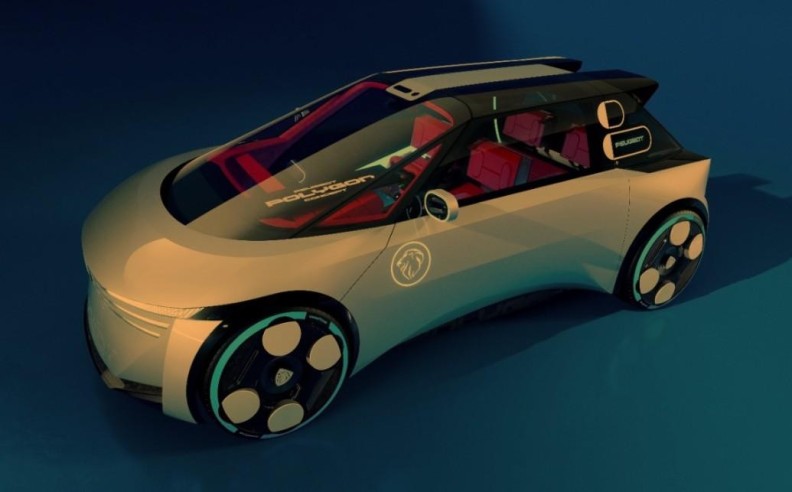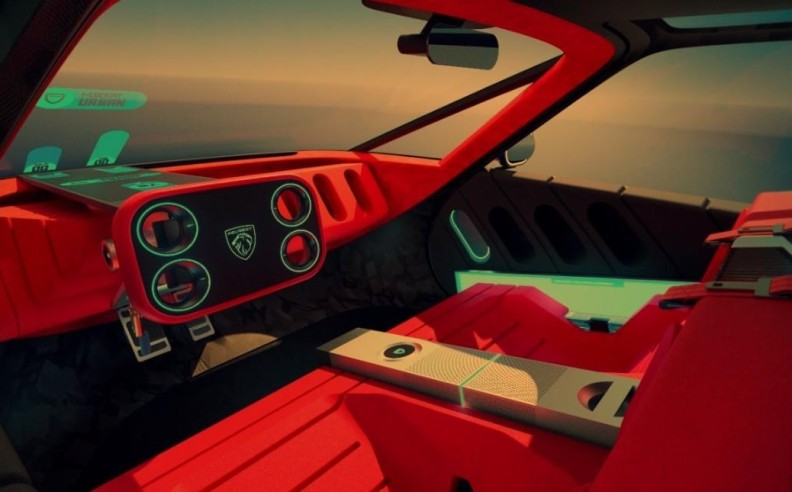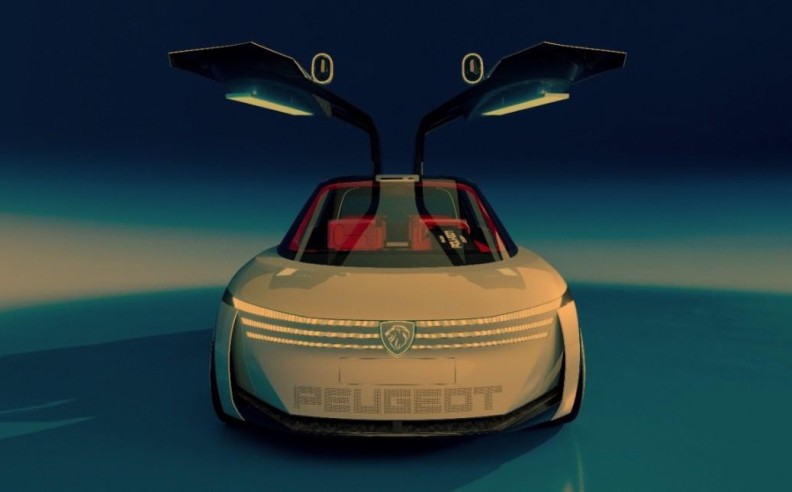Peugeot is turning the world of car design upside down with the launch of the Polygon Concept, a dynamic new vehicle that looks ahead to the next era of driving. Unveiled in November 2025, this compact concept packs a serious punch, showing off bold ideas that blend cutting edge tech, endless custom options, and a strong focus on sustainability. More than just a showpiece, Polygon is a real world proving ground for innovations Peugeot plans to roll out starting from 2027.

For more than a century, drivers have relied on the traditional round steering wheel. Polygon tears up the rulebook with the all new Hypersquare system, a rectangular steering control designed for agility, comfort, and next level feedback. Powered by fully electronic steer by wire technology, there is no physical link between the steering and wheels, only instant digital response. At low speeds, Hypersquare lets you maneuver with ease and precision, it rotates just 170 degrees in either direction, compared to three full turns with a standard wheel. This means tight parking or quick U turns become effortless.
At higher speeds, the steering ratio adjusts automatically, so even the smallest inputs deliver crisp changes in direction. The system also filters out unwanted road vibrations while still giving drivers accurate feedback to read road conditions. This technology is not just a show car fantasy. Peugeot confirmed that production models will see Hypersquare and steer by wire as soon as 2027.
Polygon’s cockpit is just as futuristic. Four circular pods on the Hypersquare give you fingertip access to key functions, letting you keep both hands on the wheel at all times. The traditional dashboard is gone, replaced by a massive micro LED display that projects everything you need directly onto the windshield. Drivers can even personalize the projected info, with different modes (Cruise, Fun, Hyper) changing the entire feel of the cockpit. Stationary, the interior lights and animations can be customized, creating a truly immersive environment inside and out.

Polygon is not just about tech — it is built for fun and self expression. Almost every part of the car can be personalized, with elements designed to be swapped in minutes. Want a new look? Switch the Hypersquare steering to a different color, or pick new seat foam for a different feel. Change out the dashboard pods or exterior wheel covers to match your mood or style.
The interior is brighter and more open than anything Peugeot has done before, with a transparent canopy that floods the cabin with natural light. The seats feature 3D printed shells and molded foam, creating shapes and comfort levels you cannot get from classic fabric seats. Front passengers get custom dashboard holders for phones, headphones, and even skateboards, so you can organize the cabin to fit your lifestyle.
Outside, the Polygon stands out with its new feline inspired design language. Animated micro LED lighting creates dramatic effects, including Peugeot’s three claw signature in a bold new horizontal look. Good Year tires come with colored sidewalls and laser engraving, and even have smart sensors that update the cockpit display with real time info about tire condition and road surface.
Polygon is all about options, so Peugeot created three distinct configurations for different types of drivers:
Each configuration changes the car’s personality, inside and out, with different colors, shapes, and details. These options were first revealed in Polygon City, a virtual island inside the Fortnite universe, inviting fans to explore all the possibilities.

Peugeot’s Polygon Concept is a manifesto for responsible car making. The car is built to use as many recycled materials as possible, with the lacquer for interior paint made from old tires and cabin textiles repurposed from deconstructed Peugeot vehicles. The seats and wheel covers are made from recycled plastic (R PET) using large scale 3D printing. Peugeot teamed up with specialists from Spain and Belgium to develop new manufacturing techniques, producing seats from just three main components instead of dozens. The result is a lighter car that is more efficient to assemble, easier to recycle, and simpler to repair or upgrade.
Polygon’s butterfly doors make the cabin easier to access, and almost every major component is designed to be easily replaced or updated, extending the vehicle’s lifespan. Instead of replacing your car, you can just swap out parts to keep it fresh and current. Fewer parts also mean less environmental impact over the car’s lifecycle.
By previewing these sustainable, modular concepts in a real working vehicle, Peugeot is sending a clear message: the future of cars will be personal, connected, and more planet friendly than ever before.

Started my career in Automotive Journalism in 2015. Even though I'm a pharmacist, hanging around cars all the time has created a passion for the automotive industry since day 1.
